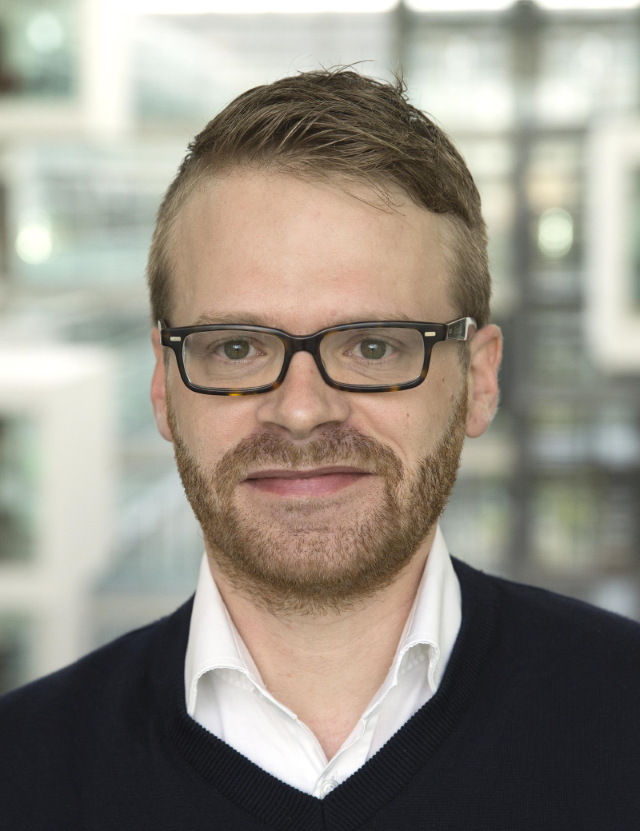AI generates new challenges for Mario
A group of researchers has developed an artificial intelligence algorithm that automatically generates new levels for computer games. The technology opens up for new possibilities for adapting the difficulty of game levels to individual players.
Digital Design DepartmentResearchcomputer gamesartificial intelligenceSebastian Risi
Written 13 June, 2018 07:18 by Vibeke Arildsen
For too long, Super Mario has been jumping between the same platforms, collecting the same mushrooms.
But more variation might soon be on the horizon for fans of Mario and other computer games alike. A group of researchers has developed an artificial intelligence algorithm that automatically generates new levels that can be adapted to the skills and wishes of players.
While the algorithm is still a prototype, it could potentially lead to video games that are tailored exactly to the skill level of individual gamers.
 According to Sebastian Risi, AI generated levels might lead to better gaming experiences in the future."With artificial intelligence we can generate new levels on the fly while the player is playing. If you often die in the same level, the algorithm can develop a new level with a lower difficulty, and if the game is too easy, it can make future levels that are more difficult. In other words, we can find an optimal difficulty level for each player, and thereby create more engaging gaming experiences," says Sebastian Risi, Associate Professor at the IT University of Copenhagen and co-creator of the algorithm.
According to Sebastian Risi, AI generated levels might lead to better gaming experiences in the future."With artificial intelligence we can generate new levels on the fly while the player is playing. If you often die in the same level, the algorithm can develop a new level with a lower difficulty, and if the game is too easy, it can make future levels that are more difficult. In other words, we can find an optimal difficulty level for each player, and thereby create more engaging gaming experiences," says Sebastian Risi, Associate Professor at the IT University of Copenhagen and co-creator of the algorithm.
New possibilities for adaptation
Computer-generated levels have been around for decades, and in academia, researchers even compete to create the best AI-generated Mario levels.
What is new about this algorithm is that it does not just generate random levels, but allows developers to give levels specific characteristics – for instance, a certain difficulty or a certain number of enemies.
For this purpose, the researchers used a combination of GAN (General Adversarial Network), a deep learning technique, and evolutionary algorithms – algorithms inspired by evolution in the biological world.
"First, we use data from existing levels to train the algorithm to generate new levels that are similar. Then we apply an optimization method that uses artificial evolution to search for levels with the characteristics we want. Finally, the system tests the new levels and sorts out the ones that are unplayable," says Sebastian Risi.
The algorithm is based on the classic Super Mario Bros game, but the method is generally applicable and might eventually be used for many other types of games, such as Candy Crush, he adds.
Sebastian Risi emphasizes that artificial intelligence is unlikely to replace human game developers anytime soon, but predicts that it will most likely be a supplement for human game designers.
"The advantage of the algorithm is that it can design new levels as the game is being played, but it still relies on humans being in the loop," he says.
Sebastian Risi, Professor, email sebr@itu.dk
Vibeke Arildsen, Press Officer, phone 2555 0447, email viar@itu.dk